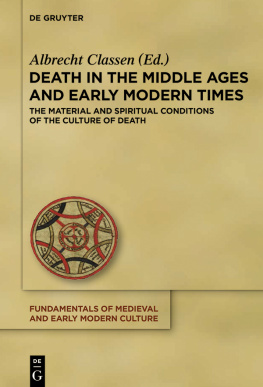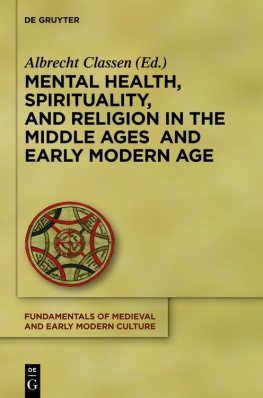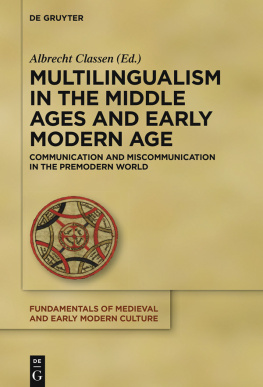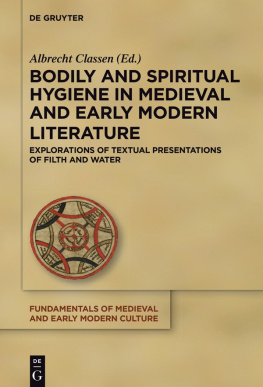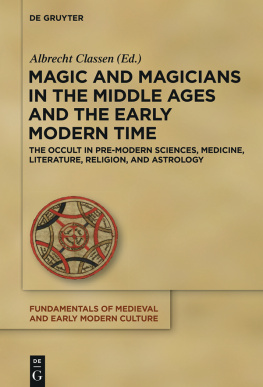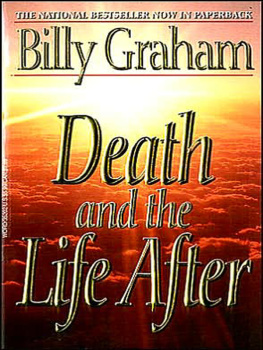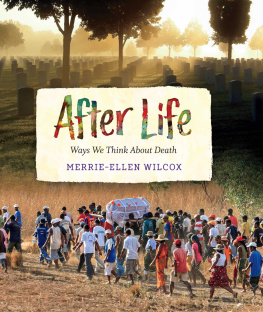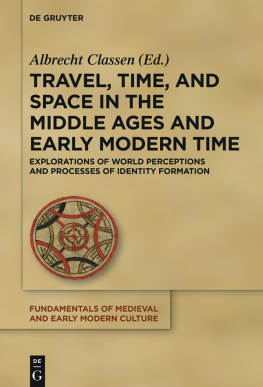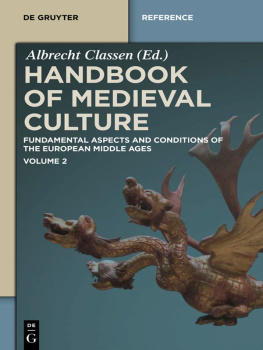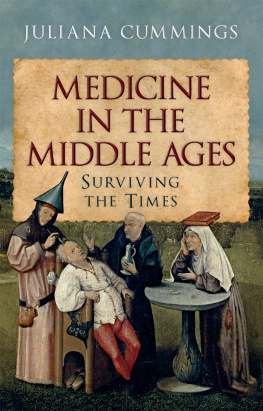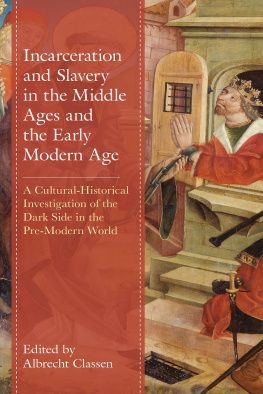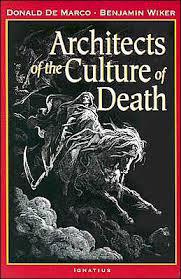Guide

Albrecht Classen (Ed.)
Death in the Middle Ages and Early Modern Time
Fundamentals of Medieval and Early Modern Culture

Edited by
Albrecht Classen and Marilyn Sandidge
Volume 16

ISBN 978-3-11-044230-4
e-ISBN (PDF) 978-3-11-043697-6
e-ISBN (EPUB) 978-3-11-043487-3
ISSN 1864-3396
Library of Congress Cataloging-in-Publication Data
A CIP catalog record for this book has been applied for at the Library of Congress.
Bibliographic information published by the Deutsche Nationalbibliothek
The Deutsche Nationalbibliothek lists this publication in the Deutsche Nationalbibliografie; detailed bibliographic data are available on the Internet at http://dnb.dnb.de.
2016 Walter de Gruyter GmbH, Berlin/Boston
www.degruyter.com
Albrecht Classen
Death and the Culture of Death
Universal Cultural-Historial Observations, with an Emphasis on the Middle Ages
An Introduction
At the risk of carrying the proverbial coals to Newscastle, or owls to Athens, we need to begin this study with a self-evident observation. Two aspects dominate and frame all human life and come and go for everyone, whether they are Christians, Muslims, Hindus, Jews, or atheists, whether they are rich or poor, wise or ignorant, male or female, strong or weak, young or old, etc. We are all born at some point in time, and we all die at some point later in time. Life and death intertwine so intimately that it might sometimes be difficult for an outside observer investigating human culture in the past, such as an historian or a scholar of Religious Studies, to distinguish between them because they happen continuously and do not seem to be really apart from each other in a significant manner within the short time span in human life. Despite this rather cynical perspective, the overarching paradigm of all existence correlates both aspects most deeply. The living do not, of course, comprehend death, and try their utmost to stave it off, but they observe dying all around them incessantly and try to make sense of it, or to cope with death through a myriad of cultural performances.We might even go so far as to identify a large section of human culture originating from the efforts to come to terms with death since it is all-present and makes itself felt all the time behind our own self-imposed mask of vitalism, energy, and health.
This is not to give vent to morbid perspectives, since all culture depends on individual human beings who exist in real terms, grow up, get educated, demonstrate specific skills and abilities, talents and insights, and hopefully contribute to the development of human society in one way or the other. Nevertheless, philosophically speaking, there would not be life if there were no death. It is almost just too banal to confirm this self-evident truth, but it still deserves to be mentioned here: if there were no death, life could not continue since the world would be at a standstill and would quickly grow to its own limits and then consequently implode. But, as a philosophical paradox, then death would reappear after all, so there is no logical way of imagining an existence without death.
For these trees, then, death has an entirely different meaning than for human beings insofar as time exists for them in an alternative dimension. Many types of animals and reptiles grow much older than people, but then there are many creatures that live just a few months, weeks, or days. Hence, life and time are all relative, whereas death is not; it is the absolute final point of all existence and cannot be disputed, rejected, ignored, or objected to because it automatically concludes a cycle and brings it to an absolute closure, and this sooner or later. Life can be extended by changing the external conditions, but life by itself is always limited, defined by birth, growth, and death. This framework never changes, as we would be justified to argue, based on countless anecdotal and scientific evidence, even if the relationship between the living creature and death changes all the time, with death coming faster or more slowly, with life lasting shorter or longer. Nevertheless, there would not be a cycle without a closure.
However, there are many conditions for people in many different cultures and periods where death is not at all the final point in all being. We regularly
The awareness of life and the respective life span differ, of course, from one being to the next, from one social group to the other, and from one culture to the other. But for all creatures the rules stay the same: we are born and bound to die. Like in a chiasm, without death there would not be life, and vice versa, without life there would not be death. The deep fear of death is a useless struggle against the fundamental principles of all existence, which goes in cycles, or rather in spirals, at least sometimes, considering that we develop further, at least as we hope to do, from generation to generation. Whether we actually learn more, improve, or discover new things, here disregarding material conditions where changes happen all the time, is a question which either philosophers or theologians have to answer. But we all need to face this ultimate question, and it might be best to approach it from a historical perspective as well since that provides us with a most useful epistemological lens to study the subject matter more critically.
To reemphasize it, at the risk of sounding repetitive, every individual born here on earth will die. Death and life are intimately connected, depending on each other, as contradictory as they seem to be to each other. Death provides life with a limit; otherwise life might become deflated as a meaningless experience which most living beings would detest as burdensome and disgusting. We are, as human beings, determined by the limitation of life; otherwise we would have to find an alternative form of existence. Without death there is no life, and, vice versa, without life there is no death. If life were not finite, it would lose much, if not all, of its actual value, to put it in extreme terms.
Of course, people are fully justified in lamenting the passing away of a loved one, and we all know about the meaning of funerals, cemeteries, and the like. In fact, not feeling deep sorrow and pain about the loss of a loved one would be monstrous. The more sophistication a society has achieved, we might say, the more that society has reached new levels of cultural development. The culture of death hence provides us with a measuring stick for human society at large. Studying the way how people approach death, whether they accept it in the first place or try to negate and deny it (foolishly), how they cope with death and come to terms with it proves to be a highly important cultural-historical aspect that deserves careful study, as many medievalists and early modernists, among others, have realized for many years now. We can grasp ancient Greek civilization, for instance, just as much through a close study of how individuals dealt with their lives, created culture, governed, worked, produced, etc., as through an examination of the death culture practiced at that time.
Many aspects of economy depend heavily on death, such as when we think of tombstones, the constant care for graves and cemeteries, medallions, flowers, funeral music, sermons ( Leichenpredigten ),

